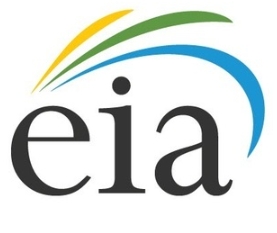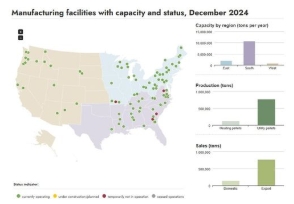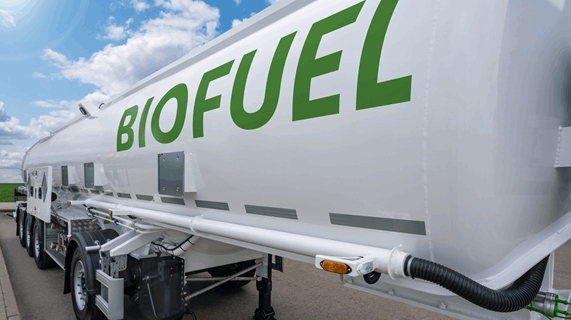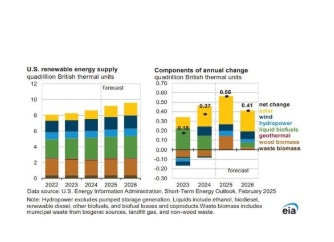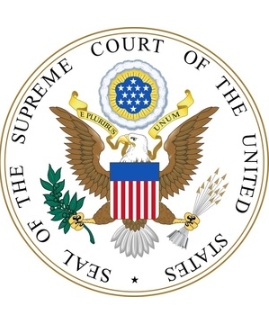
An international research team has now uncovered a solution. By using special crystals with unique intrinsic “chiral” structures—meaning they have a distinctive left or right-handed atomic arrangement—researchers have dramatically improved the water splitting process.
The findings are published in the journal Nature Energy.
The topological chiral crystals, composed of rhodium and elements like silicon, tin, and bismuth, possess an extraordinary ability to manipulate electron spin. This quantum mechanical property allows electron transfer to oxygen generation in a highly efficient manner, significantly accelerating the overall chemical reaction.
Dr. Xia Wang, lead researcher from the Max Planck Institute for Chemical Physics of Solids, says :
These crystals are essentially quantum machines,
“By leveraging the unique spin properties of electrons, we’ve created a catalyst that outperforms traditional materials by a factor of 200.”
Prof. Binghai Yan adds,
We are aware that our catalysts still contain rare elements, however we are confident that based on our design scheme we will come up soon with highly efficient and also sustainable catalysts.
This breakthrough isn’t just a scientific curiosity—it represents a potential leap forward in renewable energy technology. The new catalyst could make hydrogen production faster, more efficient, and more economically viable, bringing us closer to a clean energy future.
The research, conducted by scientists from the Max Planck Institute CPfS and the Weizmann Institute of Science, demonstrates how cutting-edge quantum physics can solve real-world energy challenges.
